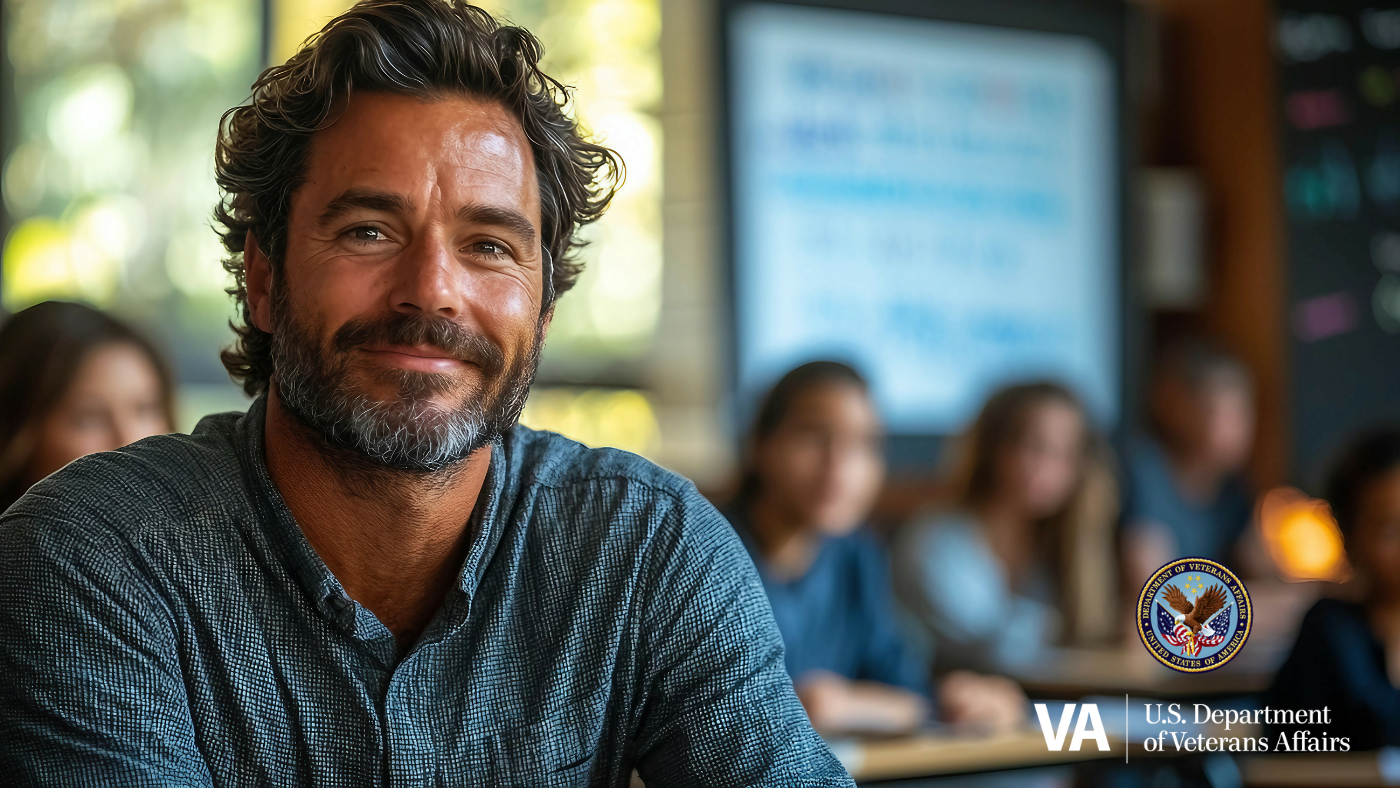
Army Veteran Josh Hansen, an “IED Hunter,” recovers from a traumatic brain injury only to be hit with PTSD. Treatment helps him reclaim his life.
In observance of PTSD Awareness Month: June 2014, VAntage Point, in collaboration with VA’s National Center for PTSD, presents the following profile of a Veteran who is living with PTSD and turning his life around with treatment.
Josh Hansen had always been into motocross. “I always thought…If I can’t beat the guys racing, then I’ll join them by being a mechanic for the guys that were beating me,” he said. So he started his own motorcycle repair business. But for Josh, 9/11 changed everything. He enlisted in the Army, went off to basic training and then deployed to Iraq.
“They called us ‘IED hunters’ or ‘Route Clearance,” Josh explained. “I worked out of Fallujah, and I’d go ahead of the Marines in a lead vehicle, and I’d look for IEDs (improvised explosive devices) in the road, find the bombs, and disarm them. Unfortunately, sometimes we’d get hit by the bombs and get our truck blown up. It’s a very stressful way to live when you never know when your time is going to be. I’ve been hit directly by eight IEDs. One of the last times I got hit, I was hit by two IEDs, one right after the other.”
Josh spent three months in the hospital recovering from back and neck injuries and traumatic brain injury. “It was probably four months after being home, as the brain injury started healing a little bit better, when the PTSD really took over,” he recalled.
PTSD changed Josh and affected his ability to cope. “I got to where I couldn’t really sleep at home, didn’t want to get out of the house, didn’t want to be around people,” he said. “Everything made me angry. Just being around my own kids was really difficult when they would argue, fight or be loud. I ended up spending 60 grand … so I could add extra rooms just for me that I could lock myself in and be away from the family.”
Then his father got involved. “My dad, he also suffers from PTSD, from the Vietnam War, and he wanted to make sure I didn’t have to suffer for as long as he did before he got help,” Josh said. “So my dad said, ‘You’re going to the VA.’”
Josh’s VA provider first helped him gain valuable coping skills and then began a series of Prolonged Exposure therapy sessions. “It’s part of the healing, where you get out to a Walmart or other store with a lot of people and just stay for X amount of time, just easing into the process,” Josh said. “Doing that really helped a lot.”
Josh’s provider also suggested participating in the Wasatch Adaptive Sports program. “It got me out of the house more and with other Veterans,” he said. “Now we’ve got a real tight group of us guys that go up and ski together. So now, I really enjoy helping other Veterans experience the outdoors and life, like I have.”
Although treatment has helped Josh considerably, he still faces challenges. “I absolutely don’t want to leave the house, but I force myself to,” he said. “And as soon as I get out and get with other Veterans, it’s like all my problems go away. I’m 41 years old now, and it’s like totally new beginnings for me…You know, my life has totally changed, but it’s been a change for the better.”
For more information on PTSD and ways to raise awareness of this mental health problem during June and throughout the year, professionals and members of the public can visit the National Center for PTSD website, www.ptsd.va.gov/about/PTSD-awareness/. This site offers resources such as:
- PTSD Coach Online and the award-winning PTSD Coach mobile app, which provide self-help symptom-management tools. The app is always with you when you need it.
- PTSD Continuing Education opportunities for providers, including PTSD 101 Courses, on the best practices in PTSD treatment (CEs/CMEs offered).
- AboutFace: Online videos of Veterans talking about how PTSD treatment can turn your life around.
- For continued involvement, please subscribe to the PTSD Monthly Update. Stay up to date on new information about PTSD and trauma year round.
Topics in this story
More Stories
How much do you know about VA care, benefits and services? Don’t miss out on what you've earned—check out the "2025 VA Federal Benefits Guide for Veterans, Dependents, Survivors, and Caregivers" handbook to learn more.
VA has updated its process for awarding G.I. Bill benefits. This means that many Veterans who served multiple periods of military service (for example, Veterans who reenlisted) may be eligible for additional benefits for themselves or their beneficiaries.
Summer Sports Clinic is a rehabilitative and educational sporting event for eligible Veterans with a range of disabilities.







PTSD sucks the life out of you. You’ve been through a lot Josh and I’m proud of you for getting help from the VA. They have a lot of good programs and caring people. Sounds like you use Salt Lake VA, one of the best. I’m here in SL and getting help myself.
Your story really touched me. Keep up the good work for yourself and your family. Thank you for serving our country and I’m sending you healing energy and love and comfort.
Kay (HUG)